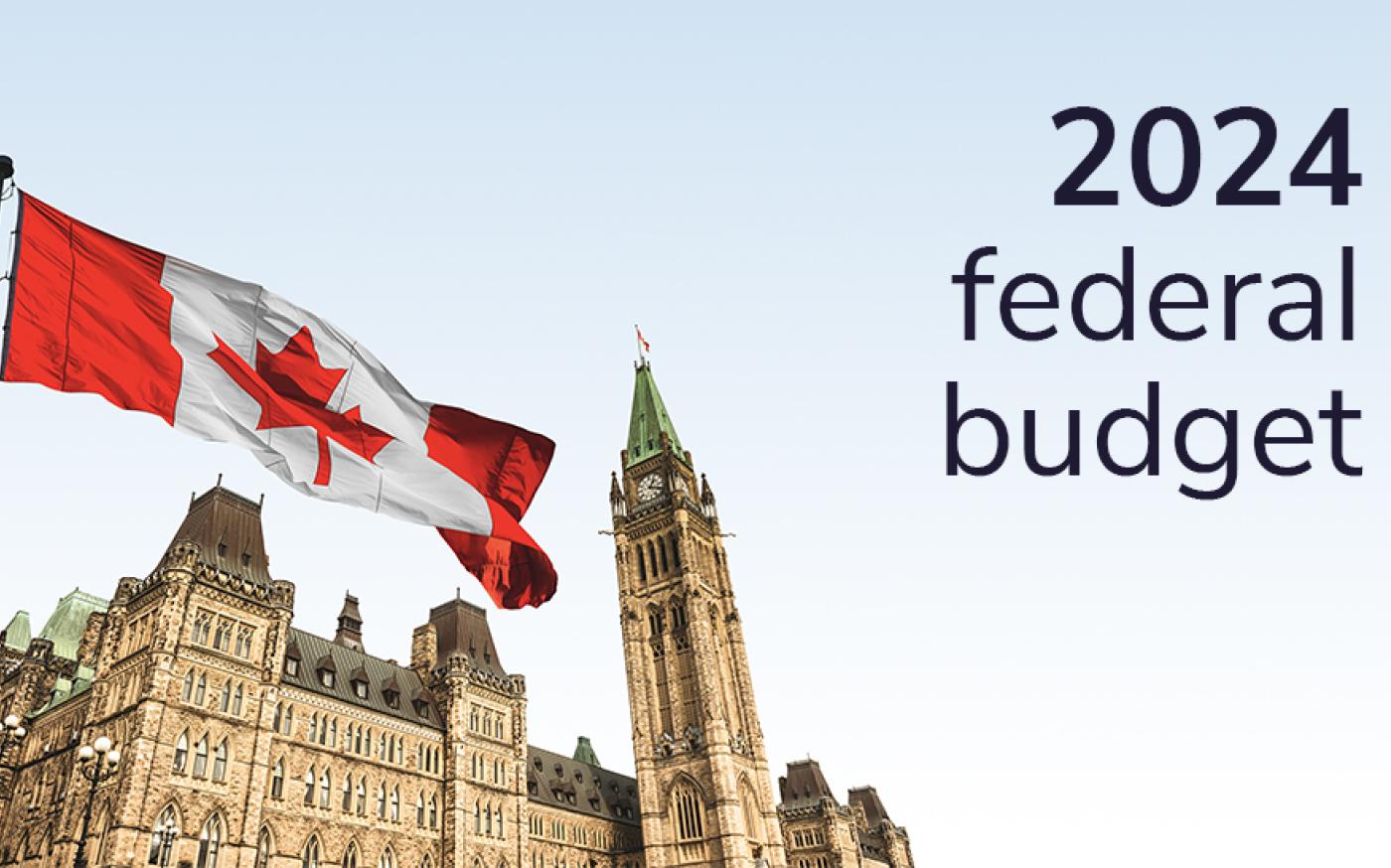When it comes to insurance, there are some types that we automatically take out. Car insurance, home insurance and life insurance are often considered non-negotiable essentials.
It’s not easy to talk about estate planning; after all, who wants to think about what might happen when they’re no longer here? It’s also a complicated topic, covering investments, tax and real estate, not to mention hard-to-navigate family issues. There’s far more to it than just making a will — find out exactly what’s involved in estate planning. As a result, many people make mistakes or forget important steps when developing their estate plan, which can lead to trouble for their loved ones.
Canadians are pretty good at some aspects of estate planning. Almost half of Canadians have drawn up a will, and that number shoots up to 78% of Canadians aged 55-plus.
The 2024 federal budget proposed an increase in the capital gains inclusion rate for corporations, trusts and individuals from one-half (50%) to two-thirds (66.67%). This change comes into effect for capital gains realized after June 24, 2024, so some taxpayers may want to consider whether it’s beneficial to trigger unrealized capital gains before June 25, 2024.
The 2024 federal budget tabled by Finance Minister Chrystia Freeland on April 16 contained several proposals that will impact the financial, tax and estate plans of Canadians. The following is a summary of the most relevant budget proposals that may impact Canadians.
In the relentless pursuit of success, Canadian high-net-worth individuals, including CEOs, senior executives, entrepreneurs and managers face a business landscape defined by constant change.
According to a recent Stats Canada report, almost 1.4 million Canadian households reported having property rental income. That’s a significant portion of the population.. Given that rents increased on average across Canada by 11% in 2022 (and by considerably more in big cities, such as Toronto and Vancouver), it’s understandable why investing in property is so popular.
It’s tax season, a time when many people’s thoughts turn towards their tax refund and what they’ll do with it. Should you put it towards your mortgage, add it to your RRSP or make a TFSA contribution? While many financial institutions often recommend one of those options, we might suggest a different one: don’t get a tax refund at all.
Those Canadians (45%) who say that they have a retirement plan feel less stressed about their future because retirement feels more attainable. However, many of those are unaware of what a real retirement plan looks like. Regularly saving in a company pension plan, an RRSP or a TFSA is not a retirement plan.
Many of us understand the value of the Registered Retirement Savings Plan (RRSP): almost six million Canadians make RRSP contributions every year.1 Most of us also know about the tax benefits of RRSP contributions and that it’s an extremely versatile and effective retirement planning tool.
As you begin to get ready to prepare your 2023 tax return, we want to ensure you’re aware of important upcoming dates and deadlines so you have everything you need to file your return with minimal hassle.
As we wave goodbye to 2023, we can also expect to bid adieu to some of the key events of the year that made it especially challenging for the markets. The central bank interest rate rises, which brought about a mini banking collapse early in the year, appear to have come to an end, while inflation is moving toward target levels.













